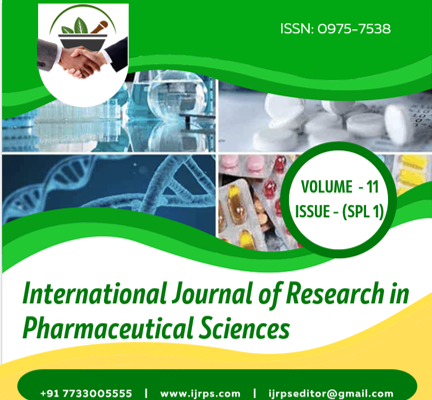Abstract
The World Health Organization (WHO) declared the COVID-19 as pandemic on March 11 2020. Since then, there is a lot of unfolding of information daily, which is necessary to study to decide the course of action to contain the disease. Even after seven to eight months after the pandemic of COVID-19 struck, most of the details are still unravelling. Yet another news of possible re-infection somewhat shocked the global community and concerns raised over the current strategy. Besides, the misinformation is spreading like wildfire and adding to the woes of authorities and administration. The testing strategy also needs a relook, as the RT-PCR test missed some positive cases. The mortality rate is also on a downfall, even as cases are increasing rapidly. We are taking the stalk of these factors in this paper and analyse the possible challenges and solutions. Research is still ongoing, and there is a lot to unfold. Scientists have drawn behavioural pattern from previous outbreaks of Severe Acute Respiratory Syndrome (SARS) and Middle Eastern Respiratory Syndrome (MERS) though both of them were much less severe in spread and mortality rate. Beside vaccines is still far from our sight prevention seems to be the only feasible option to avoid the spread. The psychological impact on health professionals and other front-line workers is must study as these are the important arsenals to fight the exponentially growing pandemic. Proper analysis of the trends emerging from the pandemic is necessary. The daily advancements in the field of COVID-19 related departments are necessary to be verified with proper empirical data and pieces of evidence.
Full text article
Authors

This work is licensed under a Creative Commons Attribution-NonCommercial-NoDerivatives 4.0 International License.

